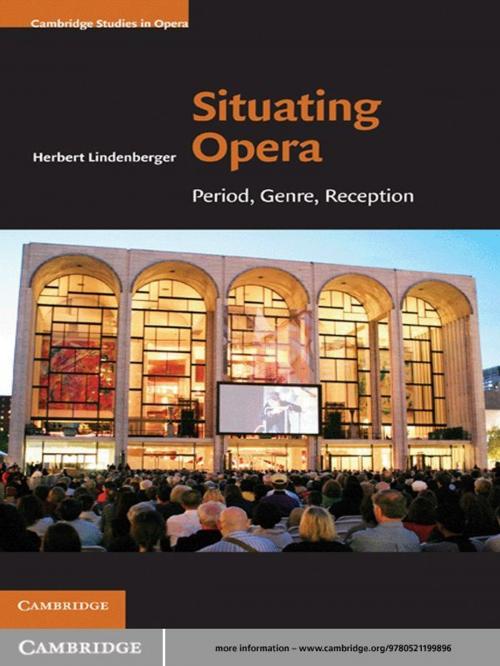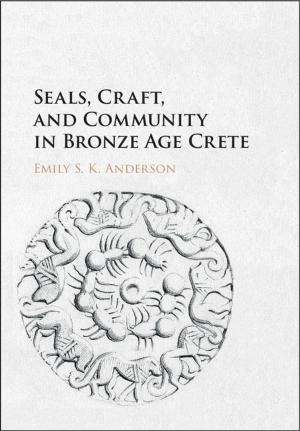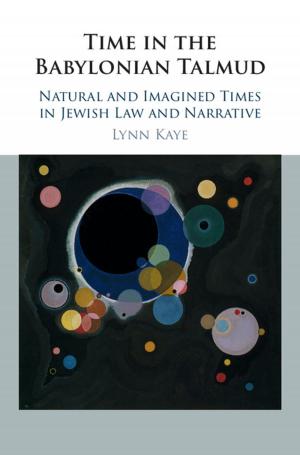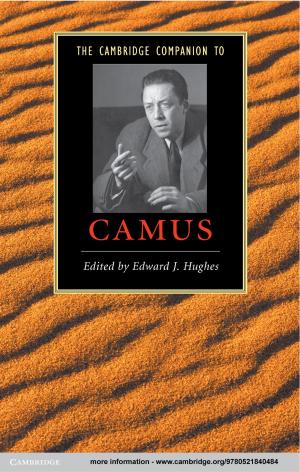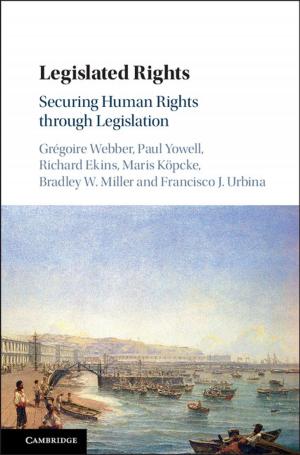Situating Opera
Period, Genre, Reception
Nonfiction, Entertainment, Music, Music Styles, Classical & Opera, Opera| Author: | Herbert Lindenberger | ISBN: | 9780511851308 |
| Publisher: | Cambridge University Press | Publication: | October 28, 2010 |
| Imprint: | Cambridge University Press | Language: | English |
| Author: | Herbert Lindenberger |
| ISBN: | 9780511851308 |
| Publisher: | Cambridge University Press |
| Publication: | October 28, 2010 |
| Imprint: | Cambridge University Press |
| Language: | English |
Setting opera within a variety of contexts - social, aesthetic, historical - Lindenberger illuminates a form that has persisted in recognizable shape for over four centuries. The study examines the social entanglements of opera, for example the relation of Mozart's Abduction from the Seraglio and Verdi's Il trovatore to its initial and later audiences. It shows how modernist opera rethought the nature of theatricality and often challenged its viewers by means of both musical and theatrical shock effects. Using recent experiments in neuroscience, the book demonstrates how different operatic forms developed at different periods to create new ways of exciting a public. Lindenberger considers selected moments of operatic history from Monteverdi's Orfeo to the present to study how the form has communicated with its diverse audiences. Of interest to scholars and operagoers alike, this book advocates and exemplifies opera studies as an active, emerging area of interdisciplinary study.
Setting opera within a variety of contexts - social, aesthetic, historical - Lindenberger illuminates a form that has persisted in recognizable shape for over four centuries. The study examines the social entanglements of opera, for example the relation of Mozart's Abduction from the Seraglio and Verdi's Il trovatore to its initial and later audiences. It shows how modernist opera rethought the nature of theatricality and often challenged its viewers by means of both musical and theatrical shock effects. Using recent experiments in neuroscience, the book demonstrates how different operatic forms developed at different periods to create new ways of exciting a public. Lindenberger considers selected moments of operatic history from Monteverdi's Orfeo to the present to study how the form has communicated with its diverse audiences. Of interest to scholars and operagoers alike, this book advocates and exemplifies opera studies as an active, emerging area of interdisciplinary study.
